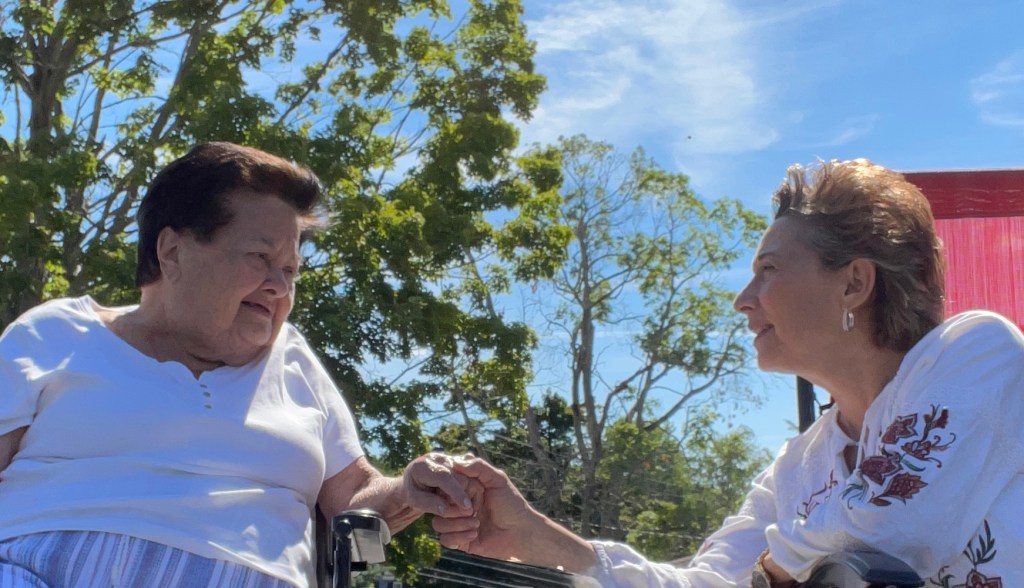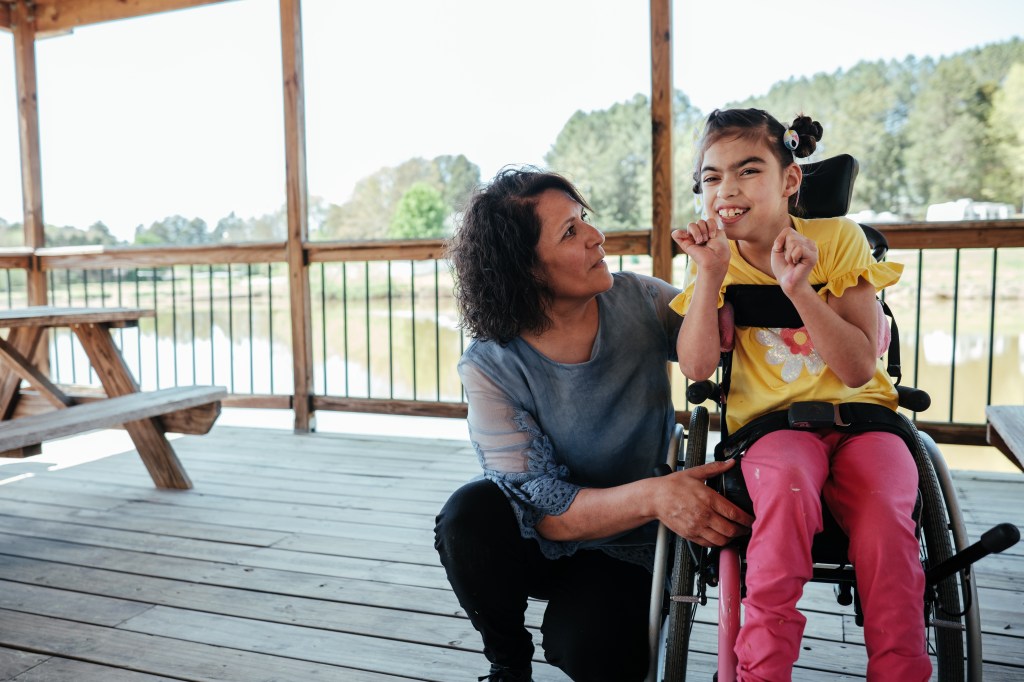
End of Life Planning: Expert Tips for Caregivers to be Prepared
Understanding your loved one’s wants and wishes for their end of life can be an important part of caregiving. Unquestionably, these topics and conversations can be sensitive and difficult, especially when it comes to legal matters and end of life decisions. Whether you’re caring for a spouse, an aging parent, someone with a disability, or a friend, having a plan in place will help you feel more confident discussing these topics and can provide a sense of ease that their wishes are being respected and fulfilled.
“To be sure, at Careforth we believe that caring for your loved one day in and day out is a beautiful gift – that at times comes with challenges, especially at end of life,” says Careforth’s Deborah Carter, RN Care Coach. “It’s important to remember that there are resources available to you to help you through this important stage of caregiving.”
Preparing for End of Life Legal Matters
Early into your caregiving journey, it is important to understand the state of the medical and financial matters of the person you care for as most likely, there will come a time when those duties will be placed into someone else’s hands. Legally, this can happen if a durable power of attorney is created. If the person you care for wants to create a durable power of attorney, you can help support them through this process and coordinate meetings with a legal specialist to prepare these documents.
A caregiver affidavit, which is different from a durable power of attorney, can also be helpful when it comes to making more serious decisions. A caregiver affidavit allows for a patient’s medical and personal care decisions to be made when a patient is no longer able to. This is a great alternative option to have if full legal authority is not provided.
Having the Tough End of Life Conversations
End of life discussions can be delicate, but there are many resources to help. It’s important to remember to always stay connected, have clear conversations, and update other family members or friends to keep everyone on the same page. Whether discussing in-home, or nursing home care, it is important to fully understand and communicate the needs of your loved one. Keep everything in writing, including legal documents and verbal agreements made by family members.
To help navigate these conversations, there are recommended actions that can provide a roadmap for clear communication and form a plan to support your loved one through their end-of-life. To get you started, consider these expert tips and resources:
- To begin the conversations, start small – These conversations don’t have to be daunting and it’s important to remember that not everything has to be figured out in one day. Start the conversation with a topic that feels the most approachable and work your way into the bigger, more delicate conversations.
- Prepare end of life documents – Preparing living wills and advance directives can allow the person you care for to take an active role in preparing for their future and how they wish their end of life to look.
- Create an archive – Collect and safely store important passwords, legal documents, financial and health information, to ensure that you have everything your loved one may need.
- Create your Caregiving Support Team – To ensure that you can provide the best care and to help you navigate these difficult times and conversations, it is important that you create a network that you can rely on for advice and support.
For instance, one team that may join your Caregiving Support Network at some point in your caregiving journey is a hospice care team. “With many families I work with, I reiterate that hospice is a wonderful option to provide more support to families if their loved one meets the criteria,” says Carter. “It will often pay for a hospital bed, oxygen, or other important supplies needed to keep a loved one comfortable. Importantly, the hospice nurse will walk alongside and support you as the caregiver.”
- Tap into available resources – You are not alone in navigating these conversations, and there are many resources that can help you plan for end of life. Consider searching online or speaking with your health care provider.
Planning for what’s to come is easier when you’re supported by people who know caregiving inside and out. Careforth programs offer expert guidance for caring for your loved one throughout your caregiving journey. Learn more at Careforth.com.


